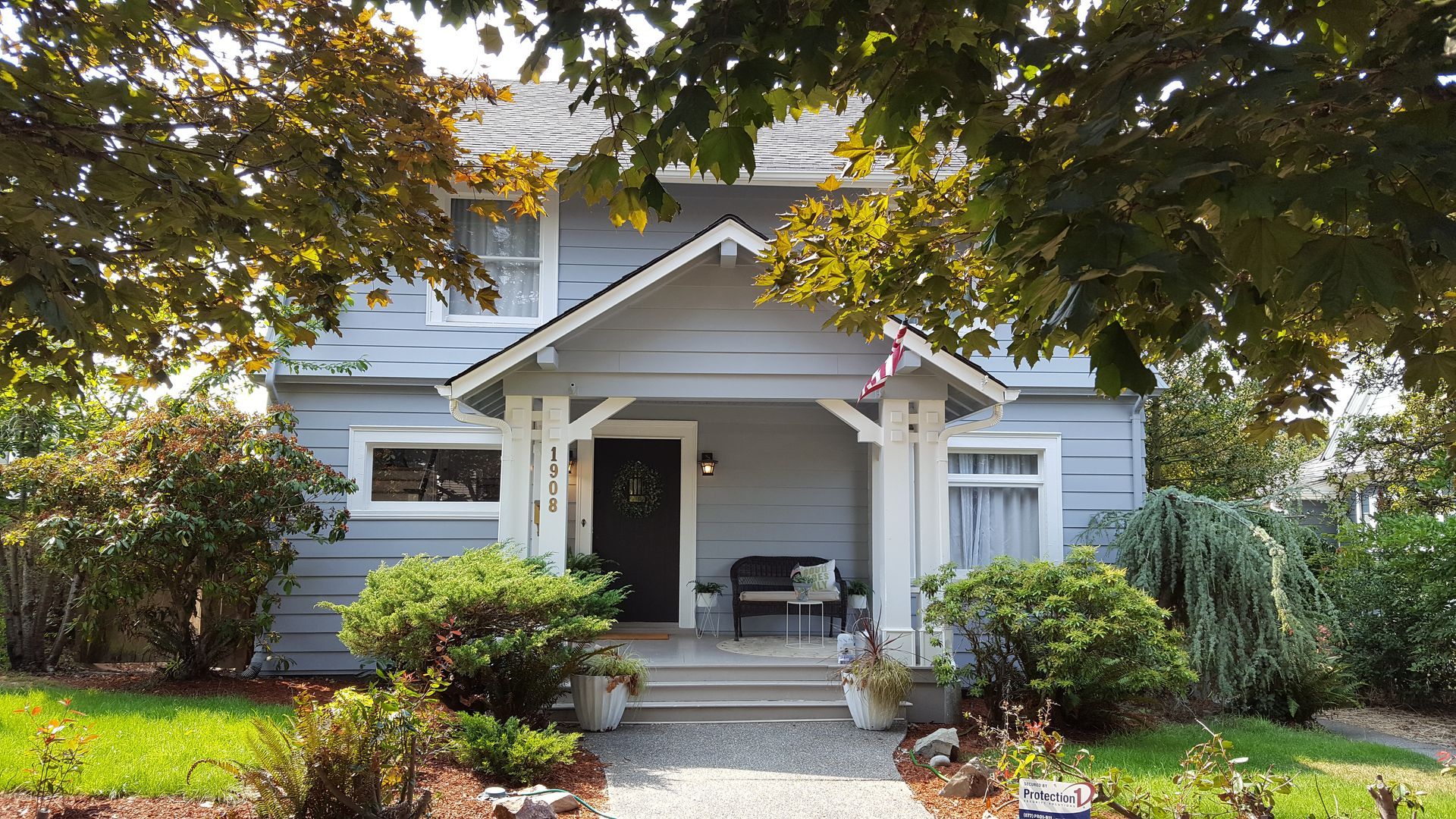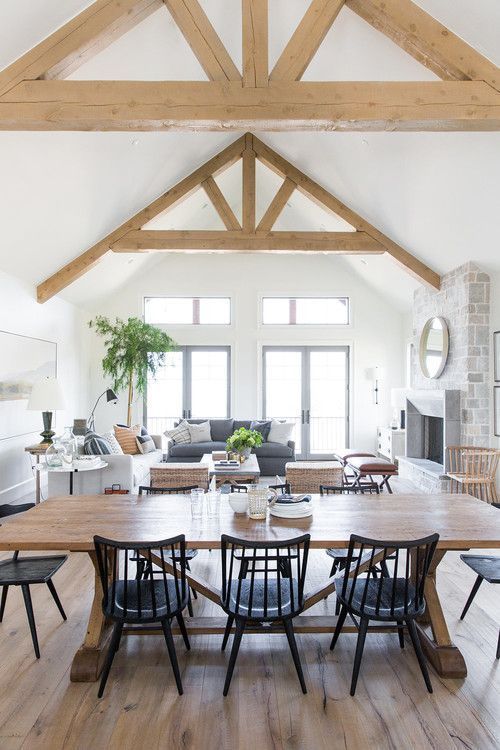Residential Engineering
Scope and Complexity
Residential projects typically involve single-family homes, multi-family units (duplex or triplex), or small-scale renovations and accessory dwelling units (ADUs). These structures usually have fewer complex load-bearing requirements compared to commercial buildings. However, they require a deep understanding of residential building codes and standards, lateral design, and economy to ensure safety and compliance.
Design Focus
In residential engineering, aesthetics often play a significant role. Homeowners seek designs that not only function well but also complement their personal style and enhance living comfort. Engineers must balance structural integrity with these aesthetic considerations, ensuring the final-results align with the client's vision.
Regulations and Codes
Residential buildings adhere to specific local and national building codes designed to protect the safety and well-being of occupants. Structural engineers in this field need to be well-versed in these codes to address issues like load distribution, foundation stability, and materials used.
Budget and Timeline
Residential projects often have tighter budgets and shorter timelines. Engineers must work efficiently to deliver cost-effective solutions without compromising quality. Clear communication with homeowners and contractors is essential to manage expectations and ensure timely completion.





